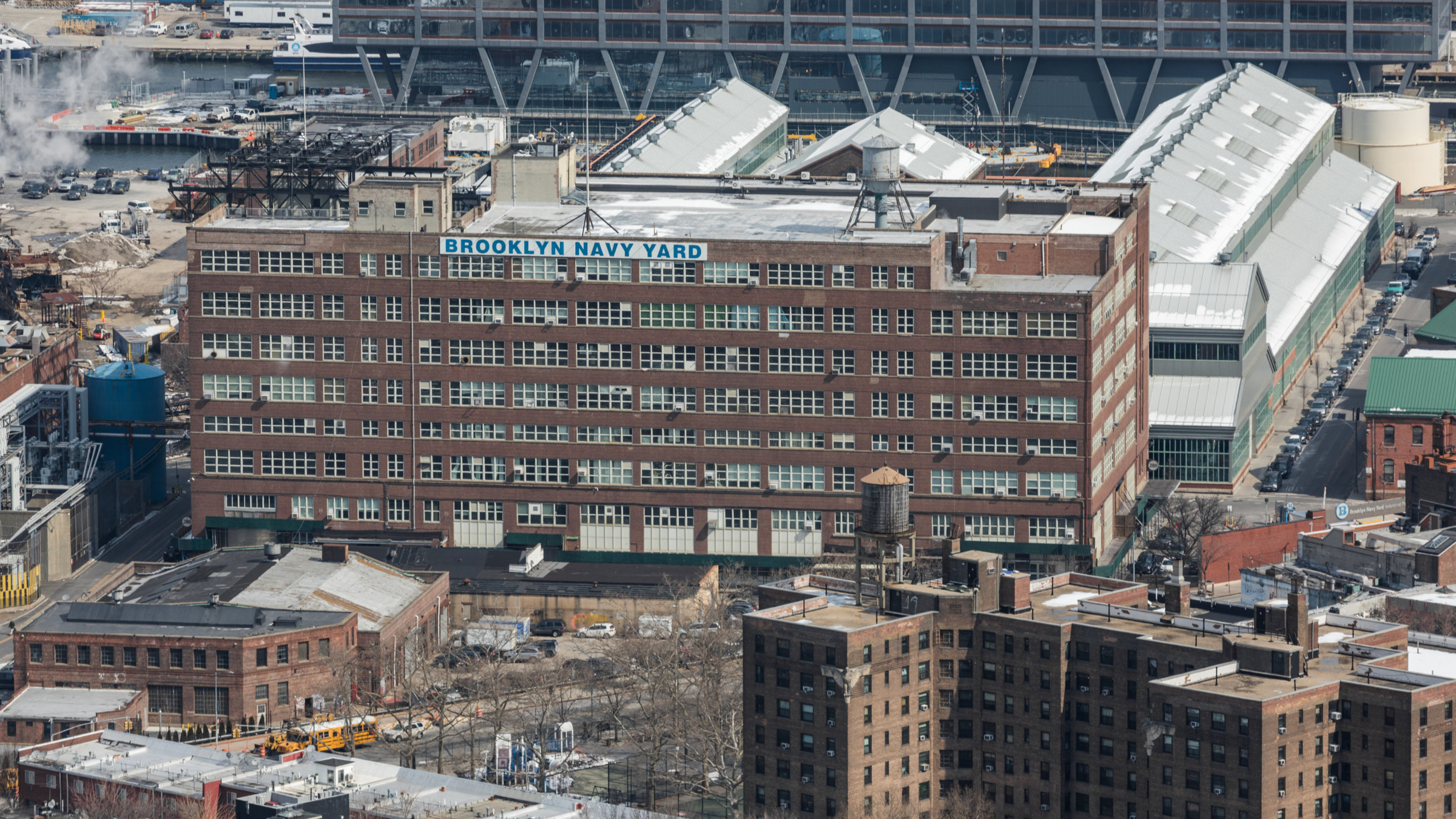
Credit: Shutterstock
New York City invests $20M into biotech 'innovation space' at the Brooklyn Navy Yard
New York City is investing $20 million in biotech this year in the form of a 50,000-square-foot “innovation space” at the Brooklyn Navy Yard, complete …
Sign up to read this article for free.
Get free access to a limited number of articles, plus choose newsletters to get straight to your inbox.